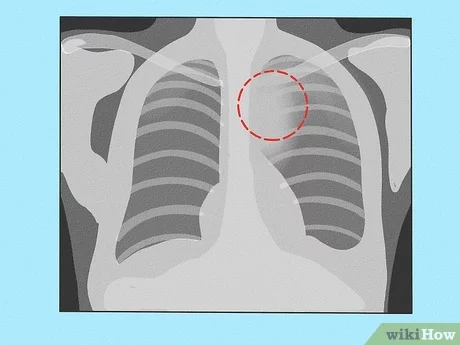3 Ways to Pay Court Fees

Introduction:
Court fees are a necessary part of the legal process and can be substantial, depending on the case. The importance of paying your court fees on time cannot be overstated. Late payment can result in delays in the proceedings or even dismissal of your case, so it is crucial to know how to pay these fees efficiently. In this article, we discuss three different ways to pay court fees to ensure timely and successful payments.
1. In-Person Payment
Paying your court fees in person is a reliable method that allows you to go directly to the court office responsible for handling payments. This process typically involves visiting the courthouse during their regular hours, meeting with a court clerk, and providing your payment along with any relevant documents or case information. Accepted payment methods can vary, but most courts accept cash, checks, money orders, or bank drafts. Make sure to obtain a receipt as proof of payment.
Advantages:
– Immediate payment confirmation
– Face-to-face support from court staff
– Obtain a receipt for your records
2. Online Payment
For ease and convenience, many courts now offer online payment options for individuals facing court fees. To pay online, first visit the official website of the court where your case is being heard. Locate their online payment portal and follow their instructions on providing necessary information such as case number and party name(s). Next, enter your banking or credit card details and submit your payment.
Advantages:
– Convenience of paying from anywhere with internet access
– Speedy process if under tight deadlines
– Electronic receipt for easy record keeping
3. Mailing Payment
If you prefer not to make an in-person visit or do not have access to online payment options, mailing a check or money order may be an alternative method for paying court fees. Before sending mail payments, it is essential to gather all required information and ensure that court officials can correctly identify your payment. In most cases, you will need to enclose a check or money order made payable to the court, along with your case number and supporting documents. Retain a copy of the check or money order for your records and mail the package to the designated address.
Advantages:
– Option for those without internet access
– No need for in-person visit
– Retain copy of check/money order for records
Conclusion:
Timely payment of court fees is critical when dealing with legal issues. Knowing these three methods—paying in person, online, or by mail—can save you time and ensure that you meet your obligations. Always be sure to keep proof of any payments made and check with your local courthouse for up-to-date information on acceptable payment methods and procedures.






